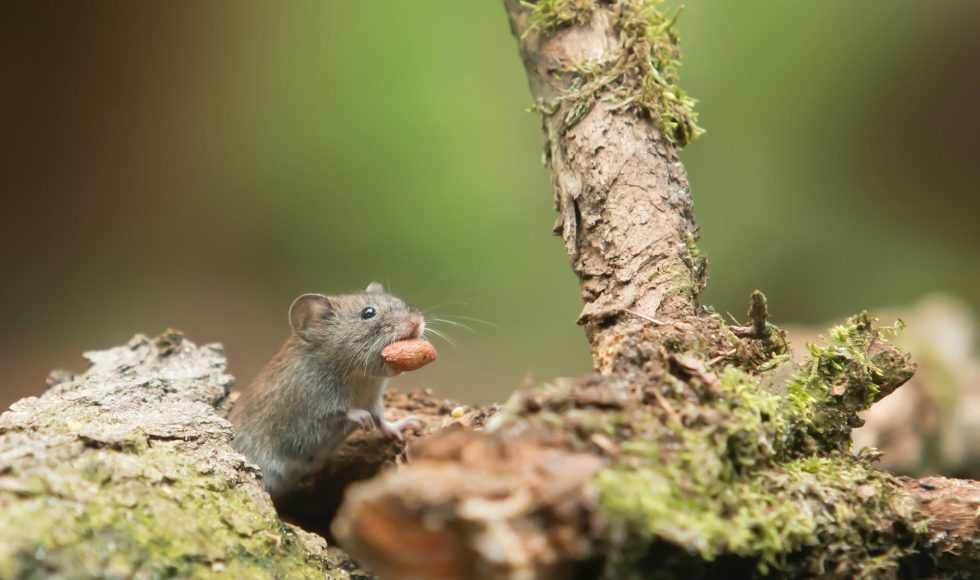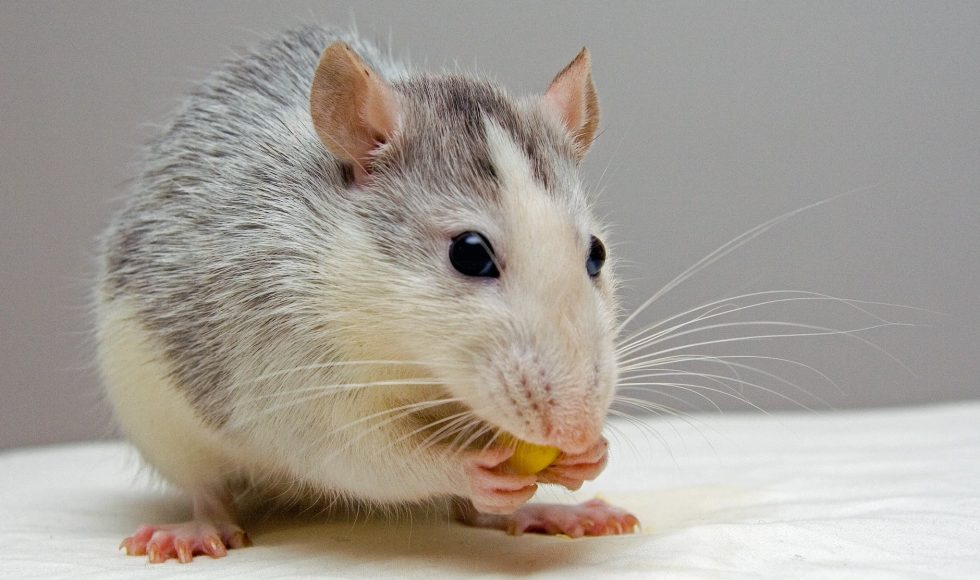Tonight I watched Steven Verbruggen from OHMX.bio Belgium speak about “HLA typing using targeted third-generation sequencing methods” as part of London Calling 2022. They explained that HLA or the human leukocyte antigen complex is about 3 Mb in chromosome six. It is divided into three clusters, and all genes are very diverse. I did not […]
Tim Mercer from AIBN/The University of Queensland, Australia presented at the London Calling 2022 conference on “Using nanopore sequencing to ensure the quality of mRNA vaccines.” Mercer is director of the BASE Facility in Australia, in charge of mRNA vaccine manufacturing in the country. They explained how mRNA vaccines work : the mRNA encodes antigen […]
Reindert Nijland from the Wageningen University in the Netherlands presented at London Calling 2022 about “Endangered European sturgeon detection through non-amplified eDNA sequencing.” They presented work on obtaining the full genome of this critically endangered big fish. The Netherlands has sturgeon species that are non-indigenous released from ponds. They have complex life cycles and are […]
Michael Dean from the National Cancer Institute spoke at London Calling 2022 about “Understanding cancer epigenetics, immunogenetics, and energetics.” Dean explained why they hate cancer and its impact on their family. Dean said that “cancer is more like a puzzle that has to be solved before you can have a rational solution.” The current analogy […]
Natalie Ring from The Roslin Institute in the UK presented at London Calling 2022 on “DoGsTAils: developing nanopore-based diagnostic approaches for the effective antimicrobial stewardship of canine infections.” Ring spoke about skin and urinary tract infections in dogs and how they can be antibiotic resistant. It also often takes two days to obtain results. Thus, […]
Chenchen Zhu from Stanford University presented at London Calling 2022 on the “Systematic assessment of long-read RNA-Seq datasets and its application in transcriptome analysis.” They are interested in understanding RNA isoforms using long-read sequencing. Differences in start sites and isoforms can lead to disease. The experimental workflow that Zhu shared was using reverse transcription and […]
Leena Putzeys from KU Leuven, Belgium spoke at London Calling 2022 about “Unlocking the transcriptomic architecture of bacterial viruses with ONT-cappable-seq.” Putzeys spoke about the use of phages as potential antibacterials and biotechnological applications. They noted that classic short-read RNA sequencing is difficult to interpret for phages. This is because short-read transcriptomes don’t distinguish between […]
Continuing with epigenetics, tonight I watched the London Calling 2022 session by Eveliina Hanski from the University of Oxford in the UK. The title of the session is “From laboratory to the wild: a non-invasive, MinION-based method for determining the epigenetic age of mice.” Hanski is a final year graduate student and is interested in […]
Eduardo Eyras from the Australian National University in Australia presented at London Calling 2022 a session entitled “RNA methylation detection at single-molecule resolution uncovers isoform-specific modifications during mouse brain development.” Eyras explained that chemical modifications of mRNA were discovered relatively recently and Boccaletto et al. 2021 noted >150 potential RNA modifications! However, only 6 have […]
Kieran O’Neill from Canada’s Michael Smith Genome Sciences Center (GSC), BC Cancer, Canada presented at London Calling 2022 on “Nanopore sequencing shows potential for personalised oncogenomics.” O’Neill spoke about the GSC’s work on genome research and sequencing. They have a Personalized Oncogenomics Program (POG) that consists of taking a biopsy, whole genome transcriptome analysis, reporting, […]











